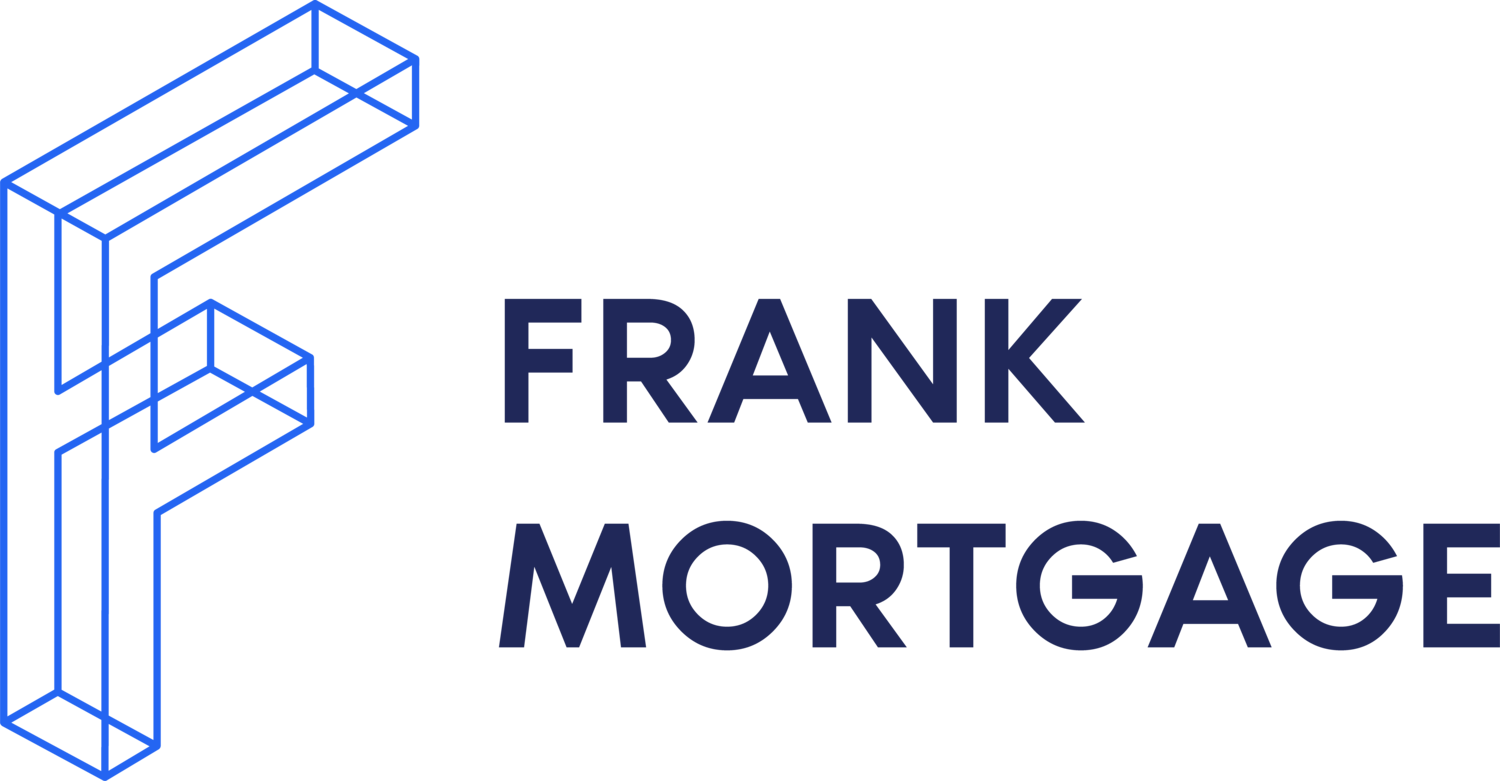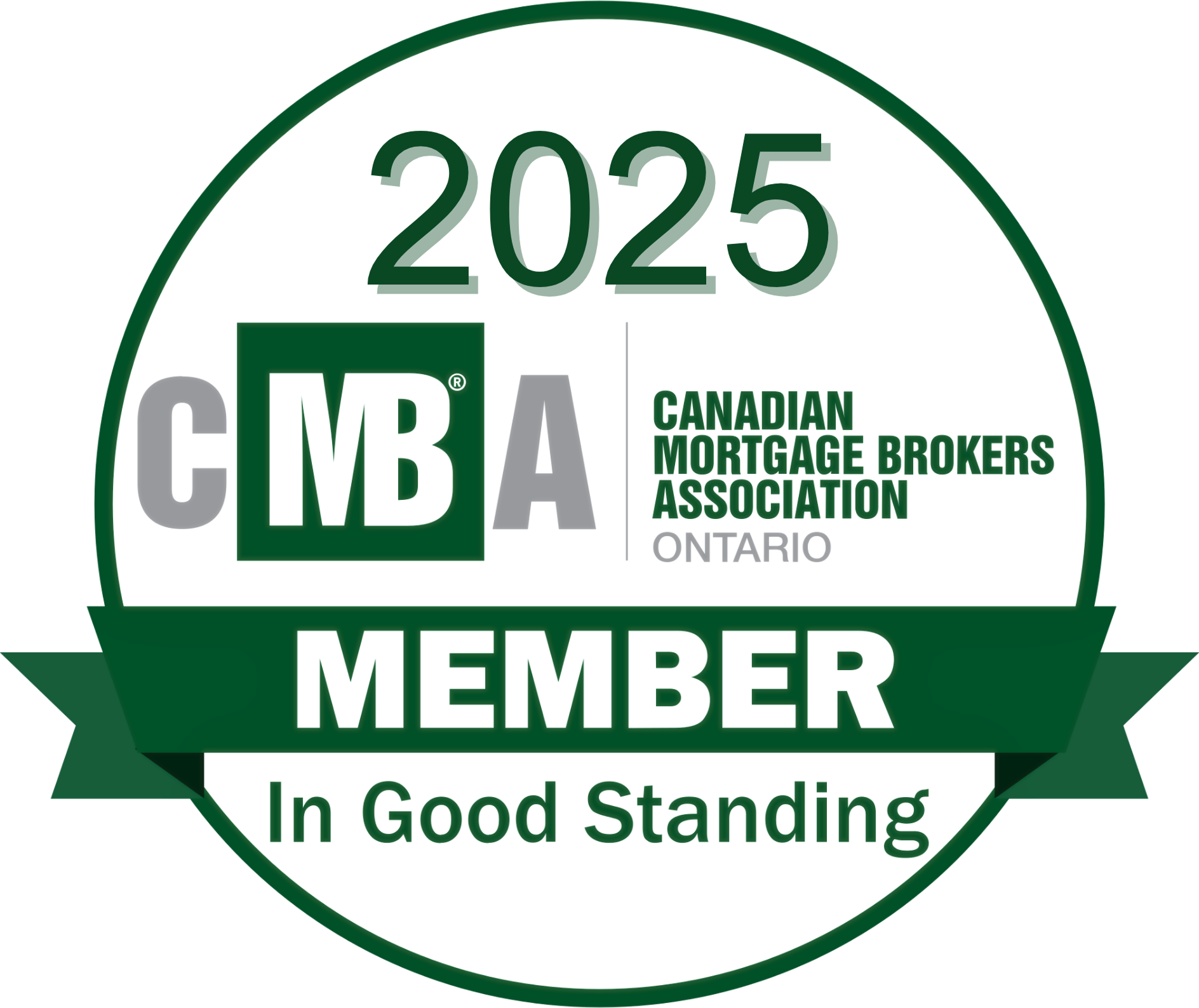Credit Score
Ah, the golden ticket to a great mortgage. A credit score is a three-digit number that is calculated using a person’s prior credit history. Lenders use this number as an indication of a potential borrower’s capacity to repay a loan. So, what gets factored into your credit score? Things like your track record for making debt payments on time, the length of your credit history, the amount of debt you have and your utilization rate. Third party credit reporting agencies, like Equifax and Transunion, perform these calculations.
The better you manage your credit the higher your credit score. Your credit score will change over time as current activity is updated. Looking to improve your credit score? Focus on consistently making payments on time, paying down debts and avoiding taking on too much debt.
Credit scores range between 300 and 900 and are generally grouped as follows:
Excellent (741-900) – rare late payments, generally pay down debts, and low credit utilization;
Good (681-740) – very few late payments and low utilization;
Average (641-680) – several late payments combined with a higher overall debt load. Possibly defaulted on a loan in the past;
Below Average (575-640) – have experienced serious credit trouble in the past including defaults on more than one loan;
Poor (300-574) - have experienced serious credit trouble in the past including defaults on more than one loan with high debt loads and possibly prior bankruptcy.
Lenders in the Canadian market generally consider 680 and above to be prime credit scores and borrowers with these scores often qualify for the best rates. A credit score of 620 or lower is generally considered a poor credit score and borrowers with these credit scores can often find mortgages from B-lenders that charge higher rates. A mid score between 620 and 680 is still considered ok but the outcomes for borrowers in this range can vary.
About The Author

Don Scott
Don Scott is the founder of a challenger mortgage brokerage that is focused on improving access to mortgages. We can eliminate traditional biases and market restrictions through the use of technology to deliver a mortgage experience focused on the customer. Frankly, getting a mortgage doesn't have to be stressful.






